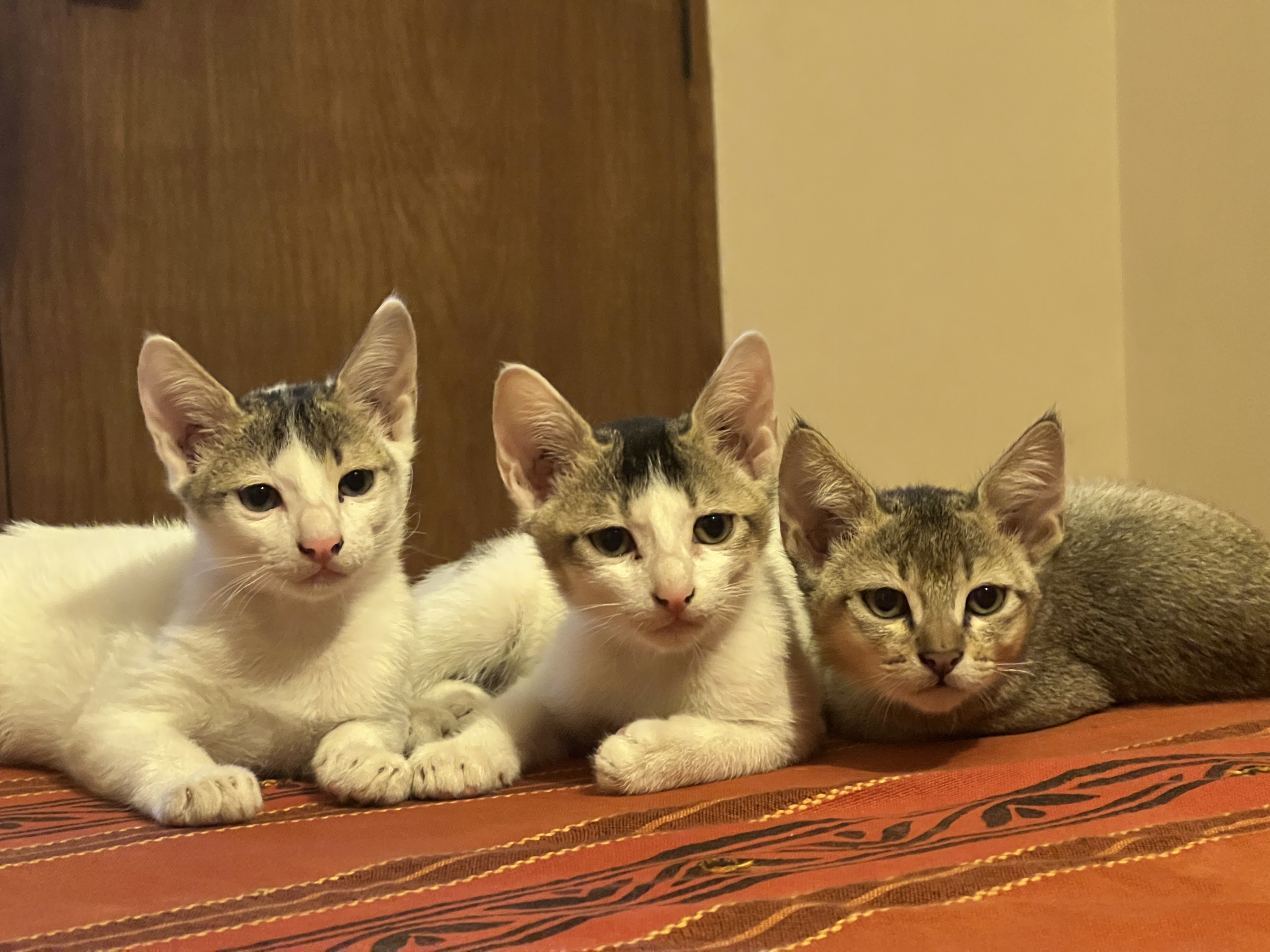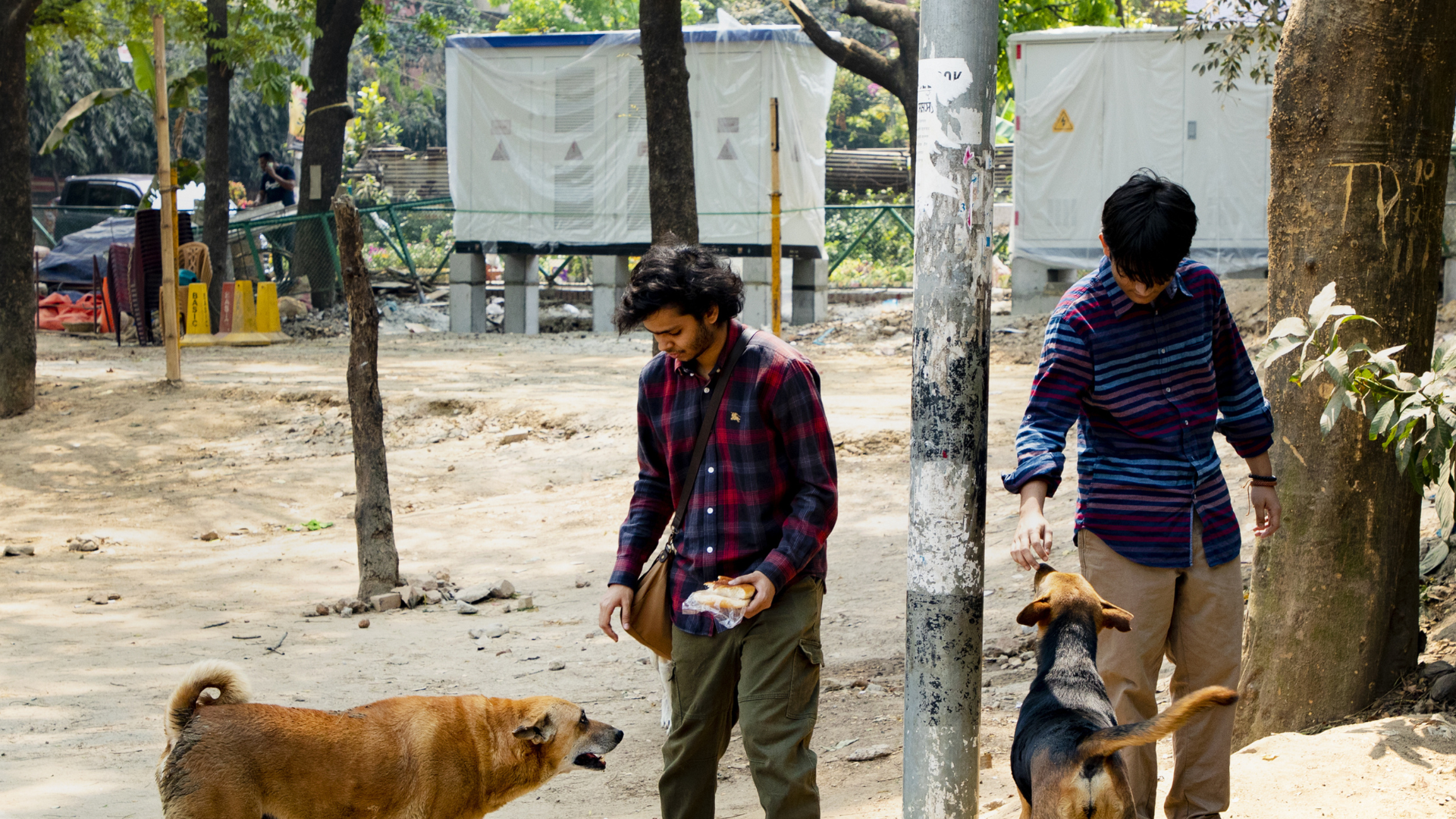Should you consider spaying or neutering your pet?

The word 'spaying' was familiar to me when I first adopted my pet, but not entirely known. I knew it was a procedure, a scary one, but the importance of it was lost on me. So, just like many others, I was also unaware of the fact that the number of stray animals we see in our everyday lives was directly a result of not spaying/neutering one's own pets.
Spaying/neutering is a surgical procedure to prevent an animal from reproducing, where spaying is the surgery on a female animal and neutering is done on males. The process itself carries low risk and is done routinely in most veterinary clinics but it has a big impact on our world. To put things into perspective: one unspayed female cat can have up to two litters a year, with an average of four kittens per litter. That's eight kittens in just one year. If even half of those are female and reproduce the next year, the numbers multiply fast. In five years a single unspayed cat and her offspring can produce over 6,000 kittens. And this is just a minimum estimate: many cats have more than two litters per year, and dogs reproduce even more rapidly.
So when one pet is spayed/neutered, we prevent the birth of hundreds or thousands in the years to come. And with fewer births, there is less competition for the limited number of homes that are willing to adopt and care for the little ones. This means fewer animals on the streets, fewer being abandoned, and fewer facing neglect or abuse.
After all, the overpopulation of stray animals in Bangladesh is not at all invisible. We see it in starved kittens darting through a garage gate. We see it in Facebook groups flooded with adoption requests, and desperate posts to rescue injured animals. We see it in the exhausted eyes of animal rescuers and volunteers stretched far too thin. These individuals have a daily struggle, too many animals and too few resources, so when pet owners choose not to sterilise their animals, that burden shifts to someone else.
However, spaying and neutering isn't only about reducing numbers. It actually positively affects the health and well-being of the pets themselves. Animals that have been spayed or neutered often live longer, healthier lives. For females, it reduces the risk of infections and certain cancers. For males, it lowers the chance of testicular cancer and can prevent some behavioural issues, such as roaming, aggression, and marking territory, giving these pets a better chance at a peaceful, healthy life.
Despite the overwhelming benefits, many pet owners refuse to sterilise their pets. These pet owners believe that spaying or neutering an animal is cruel as it robs them of the chance to become parents and interferes with nature's cycle of life. Many assume spaying isn't necessary because they're willing to raise the babies themselves.
However, taking care of one litter is not the end of the story. If we were to consider female cats, they can become pregnant as early as five months old and have multiple litters a year. Before long, even the most caring household can become overwhelmed. And what usually happens next? The kittens are given away — sometimes to homes that aren't ready for the responsibility and are later abandoned. The cycle continues.
Some pet owners believe in allowing their pets to give birth and rehoming the babies as soon as possible later on, but we often fail to realise how it would impact the mother. Letting your pet give birth only to take her babies away can be incredibly stressful. They grieve and feel deeply and they search for their young. The babies, too, lose the comfort and nutrition they need. The sheer number of times this happens is not just sad, but traumatic.
Another common argument against thinking of spaying/neutering as a disruption to the natural order of things is that we have already altered the natural balance by domesticating animals. Dogs and cats in Bangladesh no longer live wild lives; they depend on humans for food, shelter, and safety. Allowing them to reproduce without limits in a human-controlled environment doesn't lead to balance, it leads to suffering. We can't simply "let nature take its course" when nature now includes speeding traffic, gutters filled with plastic and sharp objects, and overcrowded urban spaces.
Even more, spaying/neutering actually benefits the pet owner as well. Spayed/neutered pets tend to be calmer, more affectionate, and easier to manage. In male cats and dogs, neutering helps reduce aggressive behaviour and spraying. For female pets, spaying eliminates the risk of messy heat cycles which makes them less irritable and cuddlier. Not only does this make having pets at home more peaceful, but it also means your pets are calmer and happier.
In the end, choosing to spay or neuter a pet is more than a medical decision; it is a moral one. It's a direct reflection of how we view our responsibility as humans sharing space with other lives. It's a statement that we care: not only for our own pets but for the countless animals who may never know what a home feels like. In many ways, it's one of the smartest and most responsible decisions a pet owner can make for their animal's health and their own peace of mind.
We don't need more animals born into struggle. We need fewer born, and more cared for. With a change in our mindset and greater awareness, that change begins with something as simple and as powerful as a trip to the vet.
Tinath Zaeba is an optimistic daydreamer, a cat mom of five and a student of Economics at North South University. Get in touch via tinathzaeba25@gmail.com.



 For all latest news, follow The Daily Star's Google News channel.
For all latest news, follow The Daily Star's Google News channel. 

Comments